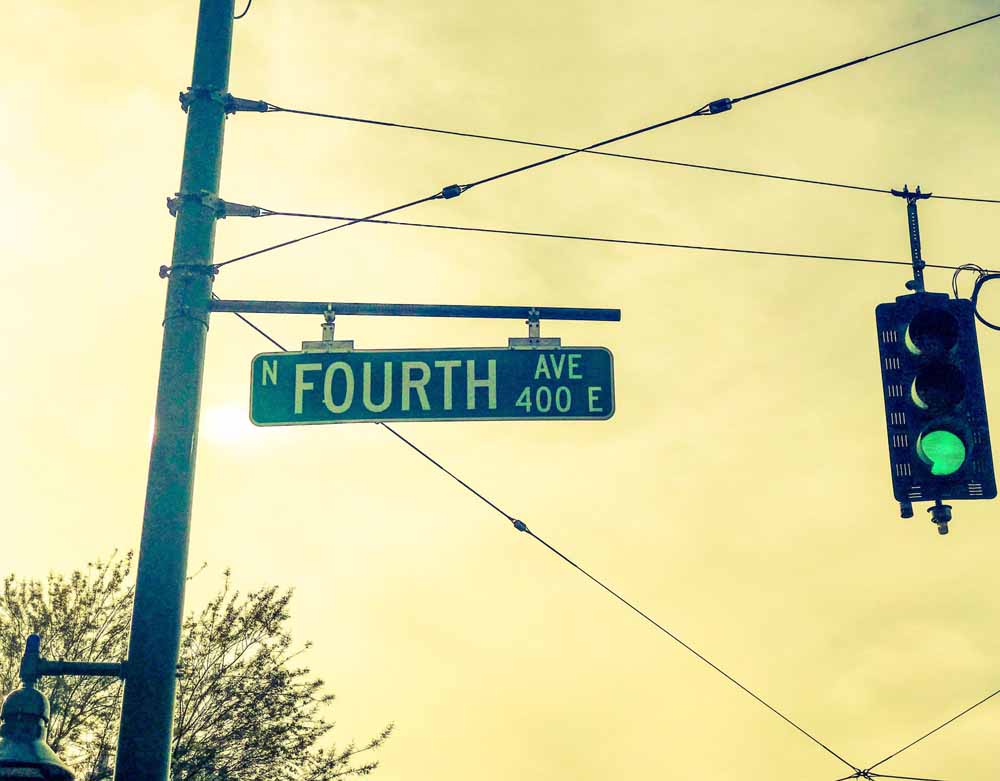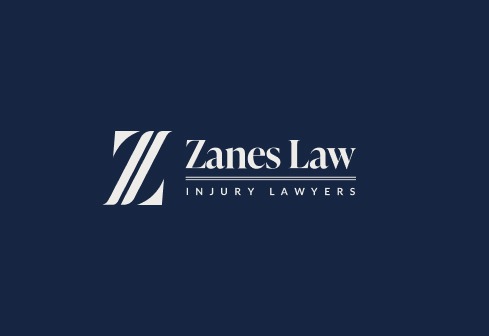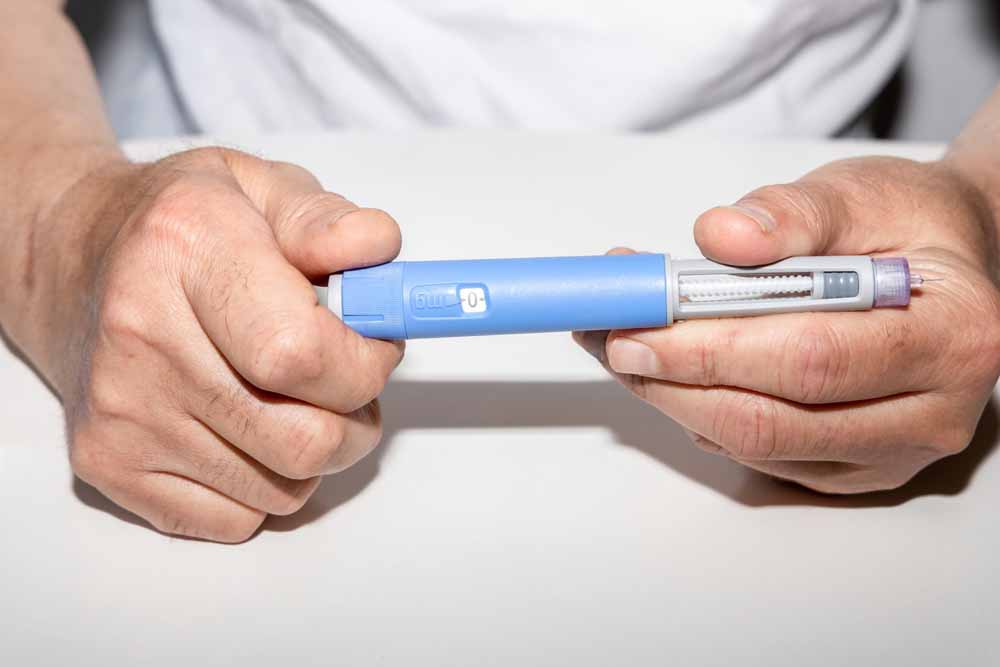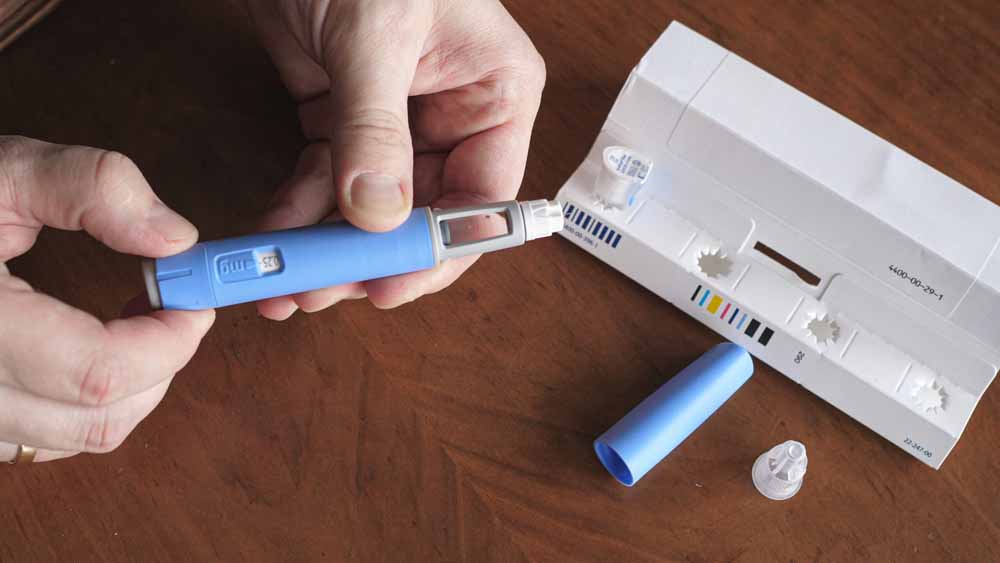Typically, when an accident takes place at an intersection, one driver runs the red light or stop sign, causing a collision. However, in some cases, both motorists will claim that they had the right of way and that the other driver was the one who broke the law. When that occurs, video evidence can be extremely helpful.
That said, Tucson no longer operates red-light cameras at intersections. Still, many homeowners and private businesses in Tucson have security cameras that may have captured and recorded the accident. Continue reading to learn more about video evidence in an accident case and how a car accident lawyer can help you prove what really happened.
Why You May Have Trouble Finding Traffic Footage
If an at-fault driver denies that they ran a stop sign or red light, their insurance carrier will likely try to deny your claim to avoid paying damages. In this situation, you or your attorney may check to see if a video of the crash exists that could prove the other motorist’s fault in the collision.
If your accident happened in Tucson and you saw a traffic camera, that old red-light camera is no longer operational. Tucson voters had red-light cameras outlawed years ago due to timing issues and other concerns. That’s not to say there aren’t any active cameras around town. There are. However, these cameras are live feeds that do not record footage.
What About Those Live Traffic Feeds?
Even if your accident was picked up by an Arizona Department of Transportation (ADOT) live feed, you might be out of luck. Although live traffic feeds can help you plan your commute, the ADOT does not usually record and save its camera footage.
Accidents Recorded at Traffic Signals
Although they are no longer legal in Tucson, Arizona does allow cities to operate red-light cameras to enforce traffic laws. When traffic camera footage does exist, you can request it from the city that controls the camera, but they may not cooperate. In that case, an attorney can issue a subpoena demanding it.
Even if your accident happened outside Tucson, remember that not every traffic camera actively records footage. Many red-light cameras only take still photos. Those low-quality snapshots only provide a blurry glimpse of a single moment in time.
Other Sources of Surveillance Footage
If you are unable to obtain footage from traffic cameras, there might be other videos you can use.
Private Businesses
Many businesses in Tucson have security cameras installed on the exterior of their buildings. Although these cameras typically point toward the establishment’s parking lot, they may also provide a good view of a nearby road or intersection.
After a collision, it’s a good idea to check with establishments in the area to see if any of them captured the accident. Companies that are likely to have exterior cameras installed include:
- Retail stores
- Gas stations
- Restaurants and bars
- Pawn shops
Home Security Cameras
Another source of video footage could be a nearby residence. Many homeowners have doorbell cameras and other cameras that provide a view of at least part of the street.
Often, entire neighborhoods seem to have these systems, in which case your accident may be on more than one resident’s personal footage. Checking with the homeowners to see if their cameras recorded anything certainly can’t hurt.
Dashboard Cameras
Many drivers have dashboard cameras installed in their vehicles. If you, a witness, or even the at-fault motorist have a dash camera, you might be able to use the footage to determine who was at fault in your collision. An attorney may be able to help you secure and preserve any dash cam evidence.
Preservation of Evidence in a Car or Truck Accident
Some systems erase old footage after a short period of time. With the help of a licensed attorney, you can send a formal preservation letter to anyone who may have a recording of your accident so they will retain the relevant camera footage.
Even if a nearby camera didn’t capture your collision, it could still help build your case by revealing how fast the other vehicle was going when it arrived at the intersection or whether the driver braked.
ECM or “Black Box” Data
An attorney will sometimes request to access the other vehicle’s electronic control module (ECM). Information from this device can reveal the other driver’s speed just before the crash, as well as information about braking.
If the other vehicle was a large truck, it is most likely equipped with an event data recorder (EDR). EDRs are what some people refer to as the “black box” in a commercial vehicle. Like ECMs, EDRs also record specific data about the truck from the moments before a collision.
Eyewitness Testimony
Even if no eyewitnesses approached you or the police at the accident scene, there might still be a way to find people who witnessed the accident. For example, a member of our team could ask for emergency call records to see if anyone called to report your collision. We could then contact whoever made the 911 call and interview them about what they saw.
Talk to the Lawyers at Zanes Law
If you were injured in a car accident and the other party is disputing that they are at fault, it might still be possible to recover damages. Even if no video exists, there may have been eyewitnesses. Also, a crash reconstructionist or other accident expert can often determine what happened based on vehicle damage, skid marks, and other physical evidence.
If you were injured in a motor vehicle accident caused by someone else’s negligence, you could be entitled to financial compensation. Contact the experienced accident attorneys at Zane Law for a free, no-obligation case review.




